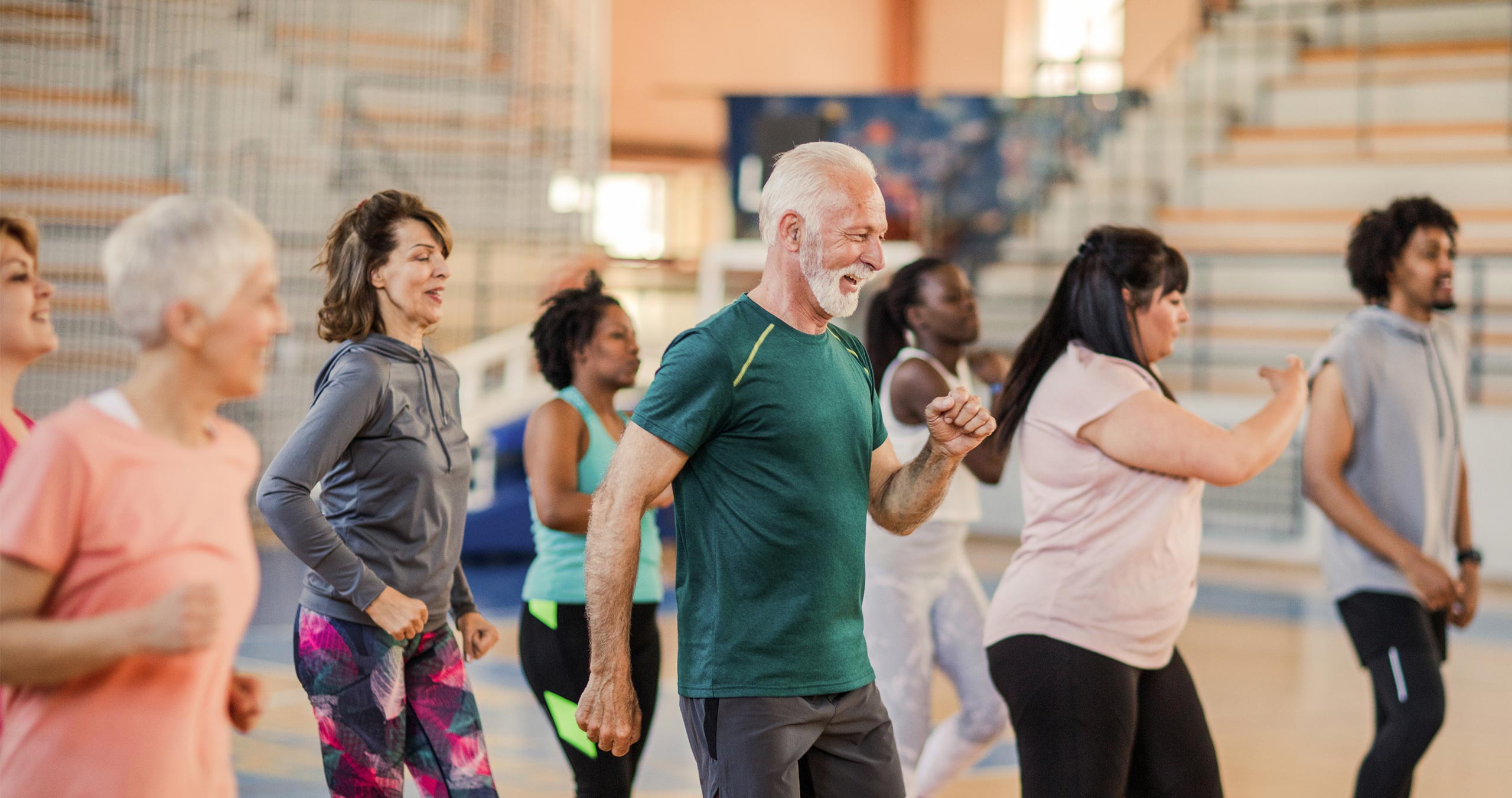Helpful information to assist your Parkinson’s journey.
This information is designed to support, not replace, the relationship that exists between a patient and their health professionals. It is important that you discuss any issues or concerns you have about your Parkinson’s with the doctors and other health professionals in your care team.
Please be patient as we update our infosheets with peak body partners and people living with Parkinson’s as we create a content hub of information for anyone to learn more.
n.b. Our infosheets are currently being updated and reviewed. They will be added as per our Infosheet Policy.
The contents of the information sheets and published resources are protected by copyright law and owned by Parkinson’s Australia. You may download, save and print copies of the information sheets for your own personal use. However, you are prohibited from modifying or re-using the text and graphics or distributing these resources to others without the written permission of Parkinson’s Australia.


